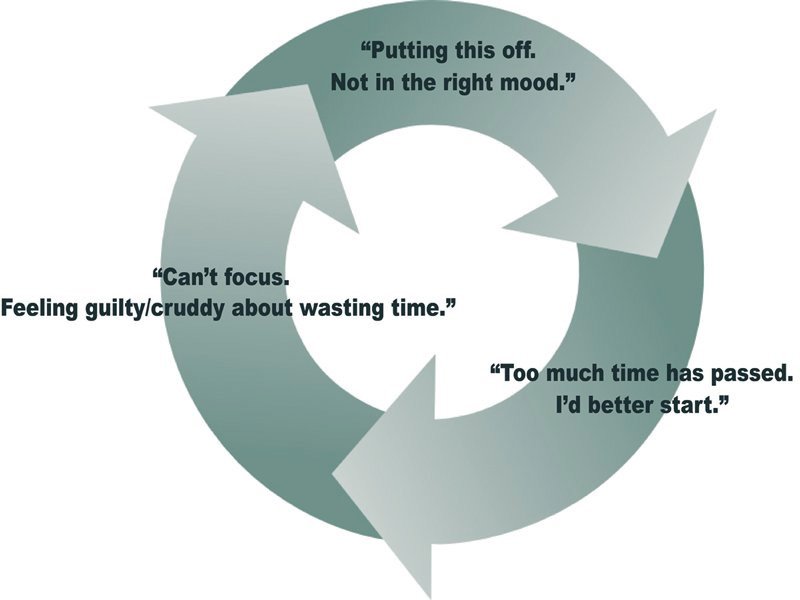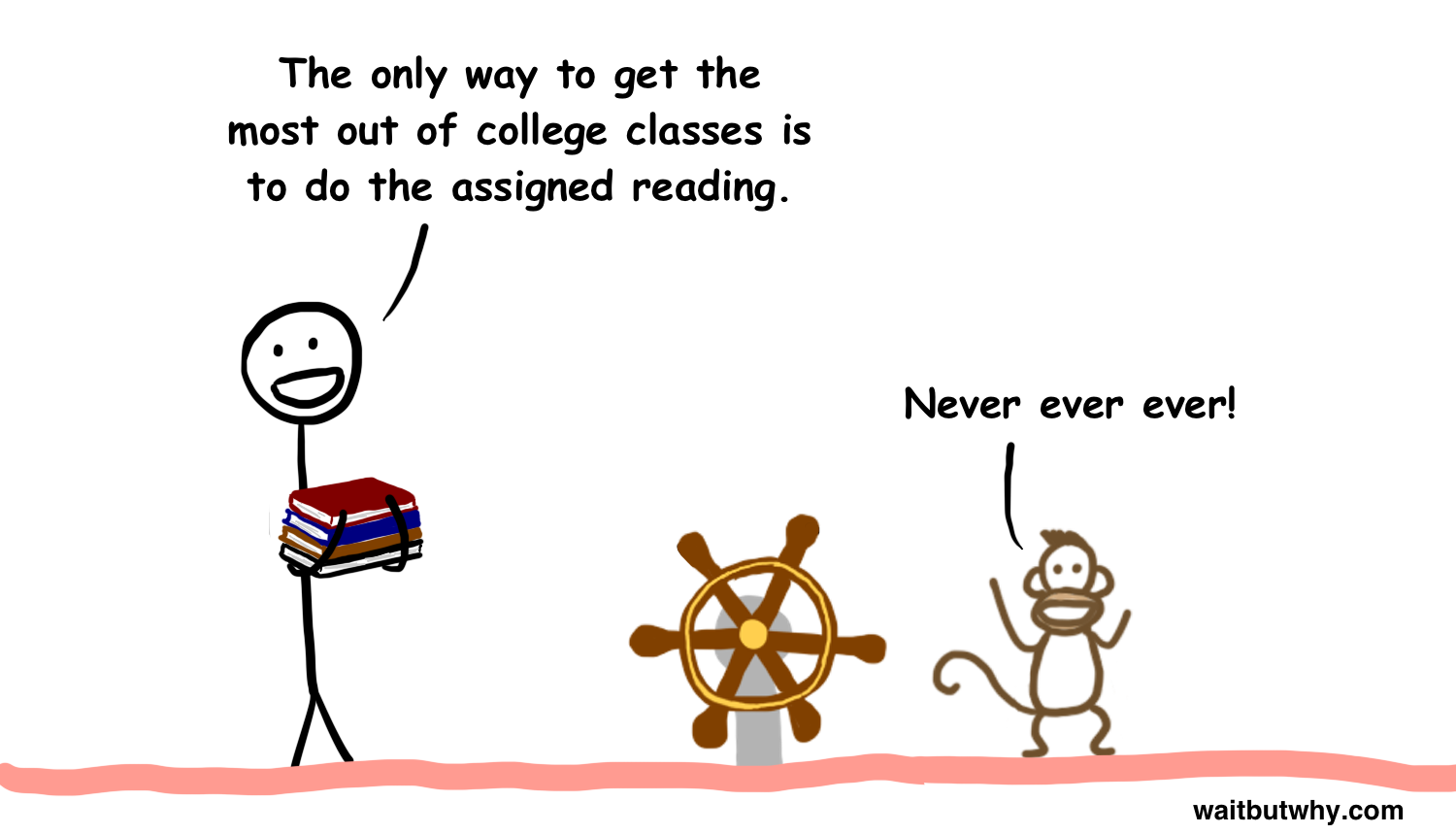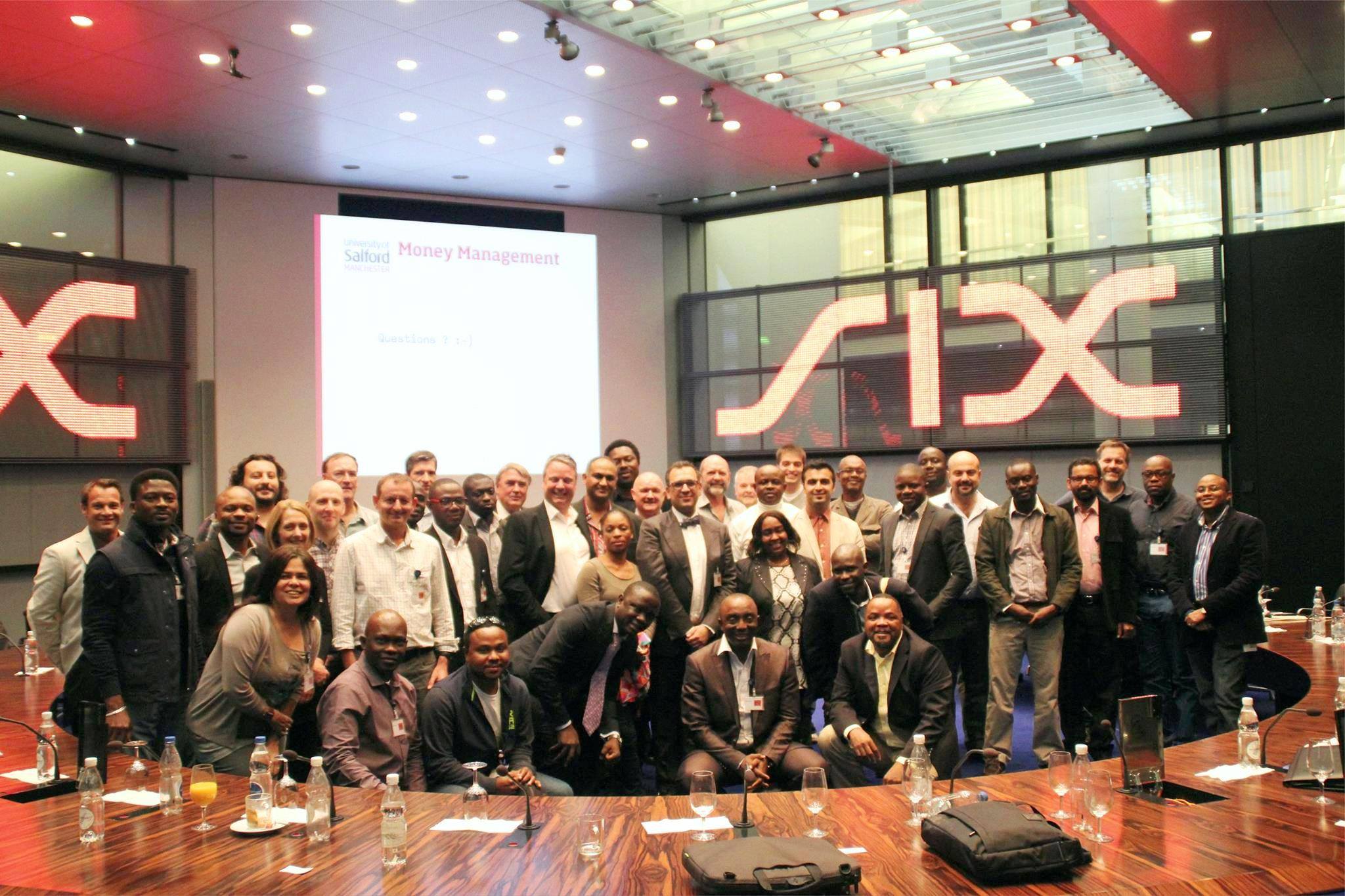A majority of the people struggle with this question, whilst contemplating to pursue a Master’s: should they start their Master’s now or later? Being at different stages of their lives, prospective students find the reasons to postpone the Masters primarily are lack of time (they have full time and demanding jobs), their jobs require them to travel a lot, lack of money and family responsibilities. So when is the right time to pursue your Master’s? Right after you finish your undergraduate degree? Or rather wait for couple of years and then become a student again?

There are on set ways and either approach works for different people.
Advantages of starting your Master’s right after finishing your undergraduate degree:
- Still in a habit of studying : People start working right after undergraduate degree to earn a salary, support life-style, family, buy house etc. and the delay becomes indefinite. When you start your Master’s early, you are still habitual to studying, attending classes, submitting assignments, without having to worry much about other chores of your life.
- Peer Support: Everything gets harder as the time flies. Generation gaps are huge these days, even between first and second year students. So when you start early, you will find peers of your age and generation and the support and understanding is better.
- Be able to plan ahead and define better goals: After completing your undergraduate degree you have a fair idea of what you want to do and where you want your career to head. A Master’s degree will help plan your future better and give it a definitive direction in the field you want to be in eg. Finance, Healthcare, Media, Human Resources, project or Information systems management.
- Give you an edge in job market: Appearing for a job interview and having a Master’s degree already on your resume, will give you an edge and put you way ahead of others.

Advantages of starting your Master’s later in your professional lives:
- Switch careers: This is one of the most popular and easiest way to switch your careers to different fields, no matter what stage of your career you are in. You can start alternate careers or even enrich your existing jobs with new knowledge of the Master’s degree.
- Fund your Masters: When you have worked for a couple of years, it becomes easier for you to fund your Masters’ yourself or even secure an education loan. You find yourself in a better position financially.
- Build a valuable experience: Most of the students studying online bring with them vast seas of practical knowledge and add to the quality of the course in group assignments, interactions, and discussions. You are able to apply the theoretical knowledge of the course to the practical business world in real time with the online programmes.
- Clarity of life and career: you would have a better vision and aim for your life and know exactly where you want your career to head.
Download our course catalogue, and speak to our advisors today about the next intake.






 “When I enrolled with RKC my one aim was to achieve the Masters level Degree; however, I underestimated the value of the learning experience, which has been hugely rewarding and personally fulfilling. Further, as a result of the degree I have clearly improved the quality and quantity of my work output which has opened up new and exciting career opportunities. To be clear, obtaining your Masters is a lot of work but the rewards are well worth the effort.”
“When I enrolled with RKC my one aim was to achieve the Masters level Degree; however, I underestimated the value of the learning experience, which has been hugely rewarding and personally fulfilling. Further, as a result of the degree I have clearly improved the quality and quantity of my work output which has opened up new and exciting career opportunities. To be clear, obtaining your Masters is a lot of work but the rewards are well worth the effort.”
